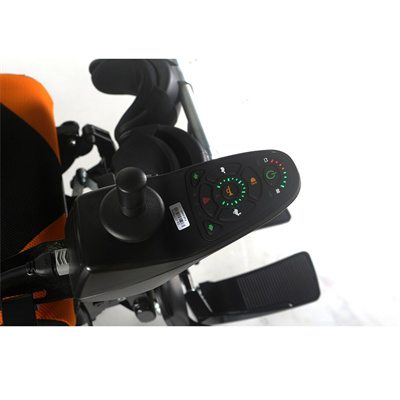Wheelchair users, like all individuals, have rights and deserve equal access to opportunities and services. Advocacy is crucial for promoting these rights and ensuring that wheelchair users are treated with dignity, respect, and fairness. Here are some key advocacy areas and rights for wheelchair users:
- Accessibility Rights:
- Accessible Facilities: Wheelchair users have the right to access public facilities, including buildings, transportation, parks, and recreational areas. These places should have ramps, elevators, accessible bathrooms, and designated parking spaces.
- Accessible Information: Public information, such as websites, documents, and public announcements, should be accessible to individuals with disabilities, including those who use screen readers or other assistive technologies.
- Equal Employment Opportunities:
- Wheelchair users have the right to equal employment opportunities. Employers should provide reasonable accommodations to enable individuals with disabilities to perform their job duties effectively.
- Discrimination based on disability is prohibited under laws like the Americans with Disabilities Act (ADA) in the United States and similar legislation in other countries.
- Education Rights:
- Wheelchair users have the right to accessible education. Schools and educational institutions should provide accommodations, such as accessible classrooms, materials in alternative formats, and support services, to ensure that students with disabilities can learn effectively.
- Transportation Rights:
- Wheelchair users have the right to accessible transportation. This includes accessible public transit, taxis, and rideshare services. Laws like the ADA in the U.S. mandate accessible public transportation options.
- Air travel should also be accessible, with accommodations for boarding, deplaning, and in-flight needs.
- Healthcare Access:
- Wheelchair users have the right to accessible healthcare facilities and services. Medical offices and hospitals should be wheelchair-friendly, and healthcare providers should receive disability awareness training.
- Access to necessary medical equipment and assistive devices should be ensured.
- Independent Living:
- Wheelchair users have the right to live independently in the community. Support services, personal assistance, and accessible housing options should be available to promote community living.
- Nursing homes and institutions should not be the only option for individuals with disabilities.
- Accessible Information and Communication:
- Wheelchair users have the right to access information and communicate effectively. Accessible websites, documents, and communication technologies are essential for full participation in society.
- Voting Rights:
- Wheelchair users have the right to accessible voting. Polling places should be wheelchair-accessible, and accessible voting machines and materials should be provided to ensure that individuals with disabilities can participate in elections.
- Protection Against Discrimination:
- Laws in many countries protect wheelchair users from discrimination based on their disability. If discrimination occurs, individuals have the right to seek legal remedies and file complaints with relevant authorities.
- Advocacy Organizations:
- Wheelchair users can join advocacy organizations and support groups that work to protect their rights and promote accessibility and inclusion in society.
- Accessible Housing:
- Wheelchair users have the right to accessible housing options. Laws and regulations should promote the construction and availability of accessible housing units.
- Personal Autonomy:
- Wheelchair users have the right to make their own decisions about their lives, healthcare, and living arrangements. They should not be subjected to undue influence or coercion.
Advocacy efforts by individuals and disability organizations play a vital role in raising awareness about the rights of wheelchair users and ensuring that these rights are upheld. It’s essential for wheelchair users to be informed about their rights and to actively advocate for themselves when necessary. Additionally, fostering a culture of inclusivity and accessibility in society benefits everyone, regardless of their abilities.




















